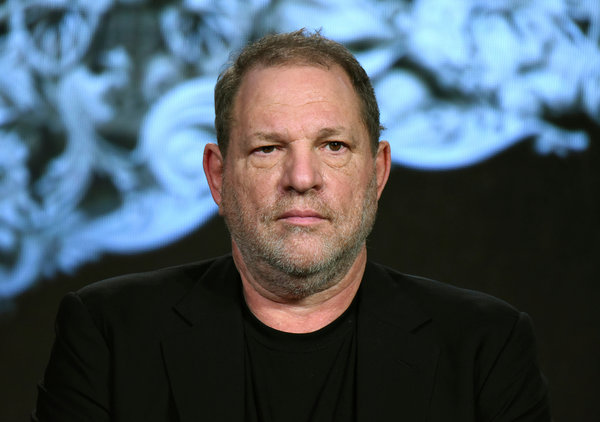The Ongoing Legal Saga of Harvey Weinstein

Introduction
Harvey Weinstein, once a titan of Hollywood, has become a central figure in conversations about sexual harassment, power dynamics, and accountability in the entertainment industry. His high-profile fall from grace began in 2017 when multiple allegations of sexual assault surfaced, igniting the #MeToo movement worldwide. As legal proceedings continue to unfold, the implications of Weinstein’s case resonate far beyond the courtroom, influencing laws and societal attitudes towards sexual misconduct.
Background of the Case
Harvey Weinstein was found guilty in February 2020 of rape and sexual assault, leading to a sentence of 23 years in prison. This conviction marked a significant moment in the fight against sexual violence, as it held a once-powerful figure accountable for his actions. However, Weinstein’s legal battles were far from over. As of late 2023, he is facing additional charges in California, where he was accused of committing further sexual offenses involving several women.
Recent Developments
In recent months, Weinstein’s legal team has sought to challenge the validity of the evidence presented against him in the California case. They assert that the charges are based on unreliable accounts and question the motivations of the women involved. The legal proceedings have raised further discussions about victim credibility and the legal system’s treatment of sexual assault cases. Weinstein’s ongoing case reflects a larger societal struggle to address issues of power, consent, and accountability.
Impact on the Entertainment Industry
The fallout from the Weinstein scandal has triggered widespread changes within Hollywood and beyond. Productions are now more likely to implement stringent policies against harassment, and industry figures are urged to undergo sensitivity and harassment prevention training. The case has also encouraged other victims to come forward, leading to a surge in reports of misconduct across various sectors. This paradigm shift has spurred calls for increased transparency and accountability, emphasizing that abusive behaviour will no longer be tolerated.
Conclusion
The case of Harvey Weinstein extends beyond the man himself; it serves as a mirror reflecting the systemic issues that allow such abuses of power to thrive. As legal battles continue and the cultural landscape evolves, the significance of Weinstein’s story remains potent. The ongoing dialogue surrounding consent, accountability, and justice in cases of sexual assault is vital for fostering a safer and more equitable environment for all. The outcome of Weinstein’s current legal challenges will likely influence future cases and potentially lead to reforms that promote transparency and protect victims.









